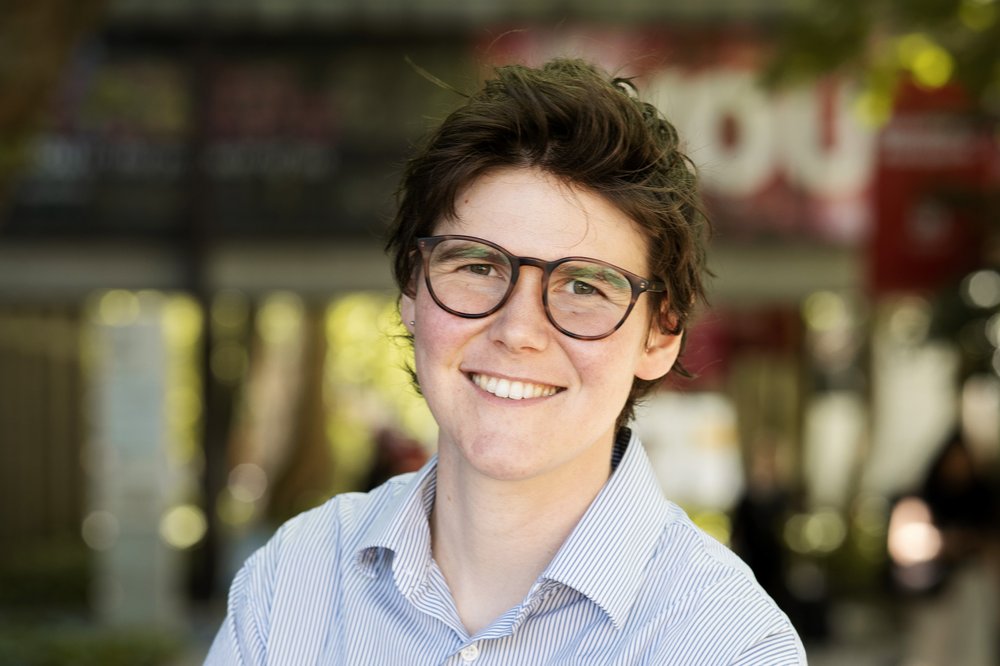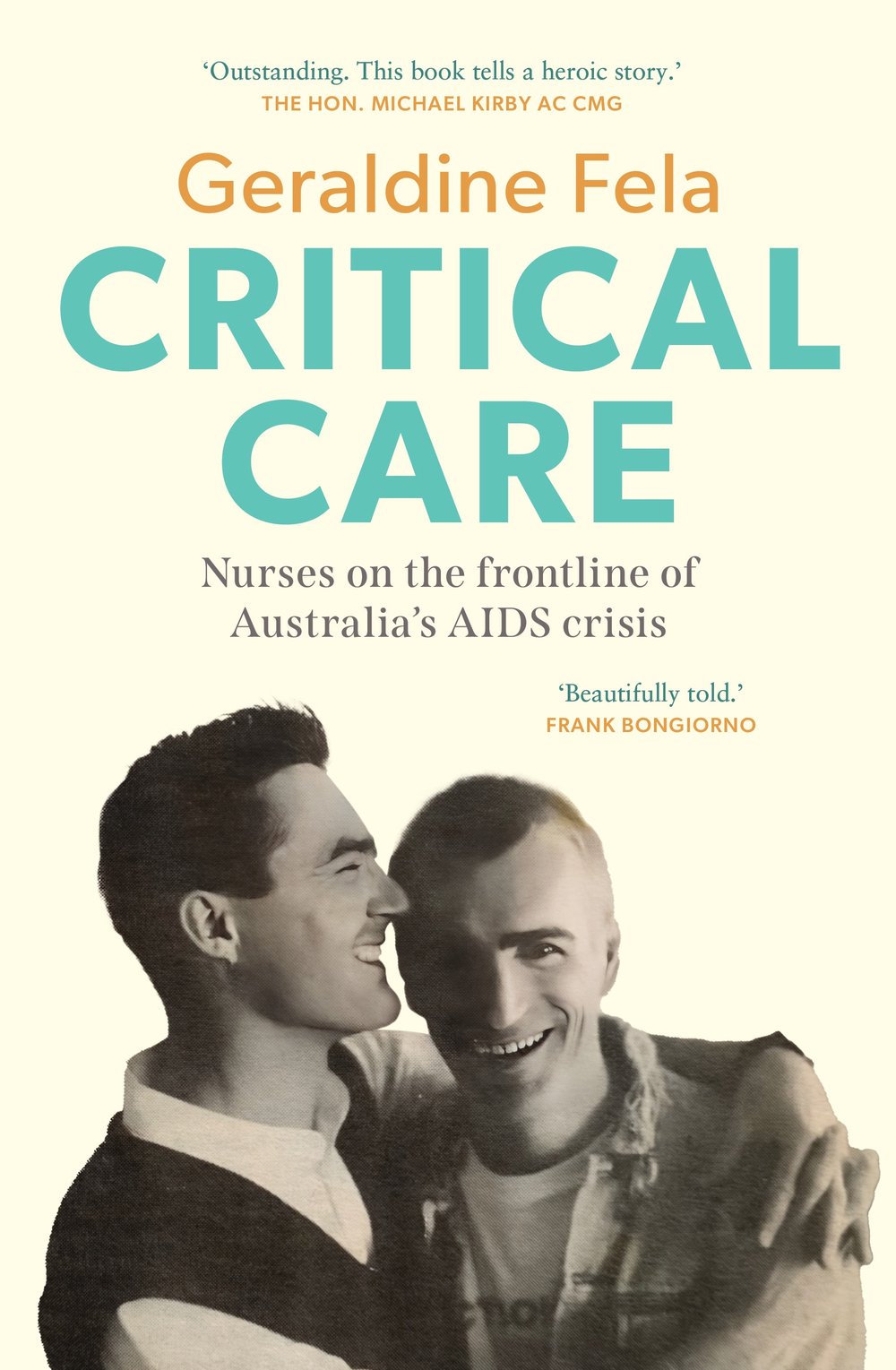We sat down with the author Geraldine Fela to get an insight into her new book, Critical Care: Nurses on the frontline of Australia's AIDS crisis, out now.
It’s been more than two decades since HIV and AIDS devastated communities across Australia. Why do you think this is an important story to be telling now?
In the aftermath of the first waves of Covid-19, there is renewed interest in public health, and the political and social questions posed by infectious disease. So I think now is a really good time to be amplifying this story. Nurses were both care-givers and political agents, based on the principles of new public health, they refused to go along with punitive and coercive public health measures like compulsory HIV testing, and insisted on a response to the virus that centred the agency and capacity of affected communities. I think we can take important lessons from this for thinking through public health issues today.
A lot of the book is made up of interviews with frontline workers from this period. Is there a particular story or anecdote that has really stuck with you?
It’s hard to choose just one, so many of the stories that nurses shared with me were incredibly moving, and I wish I could have included all of them in the book. But one story that I think of often was from Marie Tweedie, a nurse from Perth. Marie remembered one very early morning, looking outside and seeing the sun begin to rise on a clear day. She said to one of the men she was looking after, ‘oh it’s going to be a beautiful day’ and then realised that he wasn’t going to make it through the morning to see the day. She wheeled his bed out onto the balcony, jumped on the bed with him and together they watched the sunrise, knowing it would be his last.
For me, this story encapsulates the extraordinary care nurses provided in this devastating period. It also says something about the close friendships that formed between nurses and the people they cared for.
‘I think today there is a lot to learn from the nurses in this book, who advocated at work and through their unions for healthcare that centred the agency, and the rights, of their patients.’
While we have come a long way in our treatment of HIV-positive patients today, LGBTIQ+ people still face significant gaps in accessing health care. Are there any learnings we can take from the response in the 1980s/90s in creating a more inclusive system today?
One thing I really took away from the nurses I spoke to for the book was their ability to see through prejudice and hysteria and side with their patients. Today, internationally and in Australia, I think we are seeing the emergence of new moral panics around the provision of healthcare for trans and gender diverse people, particularly young people. I think today there is a lot to learn from the nurses in this book, who advocated at work and through their unions for healthcare that centred the agency, and the rights, of their patients.
What do you hope readers get out of Critical Care?
I really hope that readers gain an appreciation of the extraordinary role that nurses played in responding to HIV and AIDS, until now their contribution to this period of history has not really been recognised. More generally, I hope that people walk away from the book with an understanding of the important role that nurses, and nursing unions, can play in shaping the collective health of our society.




